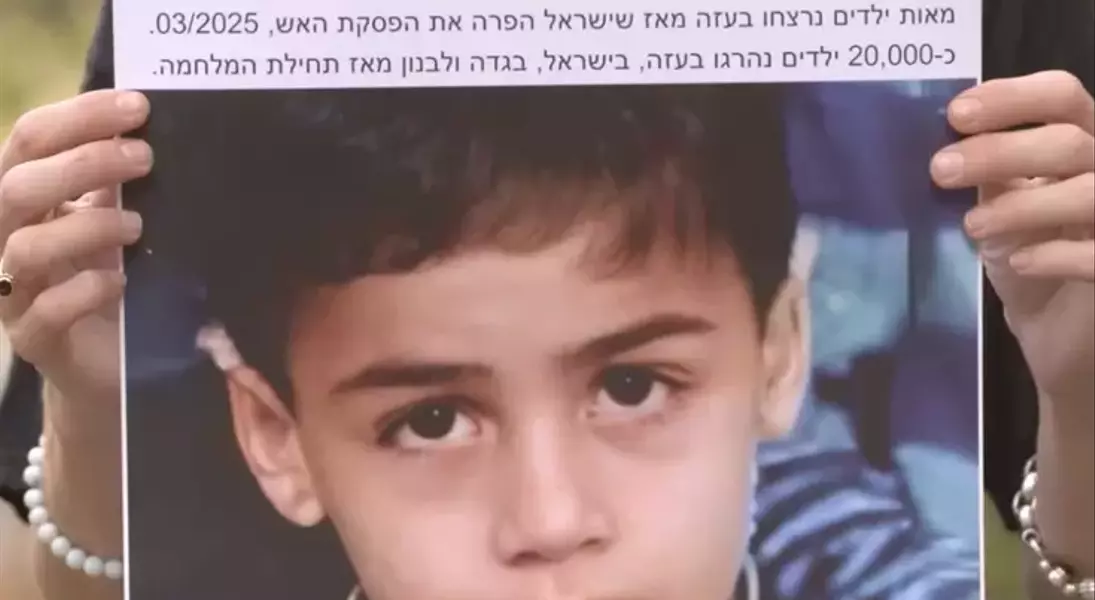
This report illuminates a poignant scene in Tel Aviv, where a silent vigil, marked by individuals holding photographs of Gazan child victims, serves as a powerful testament to the human desire for connection amidst profound conflict. It underscores the challenges of fostering understanding in a fractured society, showcasing how moments of quiet reflection can unexpectedly bridge chasms of disagreement, even when confronted with deeply ingrained biases and emotional turmoil. The narrative highlights the transformative potential of silence in transcending verbal confrontations, allowing raw emotions and diverse perspectives to coexist in a shared space.
A Moment of Unspoken Truth in the Heart of Tel Aviv
In the vibrant metropolis of Tel Aviv, on various recent Saturday evenings, a profound act of silent remembrance has been taking place. Individuals gather, holding aloft poignant photographs of young Gazan lives tragically lost in recent military operations. This solemn vigil, lasting for an hour, offers a unique platform for contemplation and, often, confrontation.
During one particular Saturday, the atmosphere was palpably charged following the distressing release of a video depicting an Israeli hostage, Evyatar David, under horrifying circumstances. As the silent group stood firm, passers-by reacted with a spectrum of emotions. One man, clad in swim shorts, directly challenged the participants, questioning their choice of imagery and asserting the need to mourn Israeli victims. Concurrently, a woman vociferously dismissed the displayed images as \"Hamas propaganda\" and \"A.I. generated,\" vehemently denying the reality of the children's deaths.
Amidst these intense verbal assaults, the participants maintained their silent vigil, a decision that, for the main observer, proved unexpectedly insightful. This enforced silence, a departure from typical argumentative responses, allowed for an unhindered stream of consciousness from the agitated passers-by. The man in swim shorts, finding no opposition, embarked on an unfiltered monologue, touching upon themes of profound loss, the identity of national adversaries, the perceived degradation of their homeland, and the personal impact of the conflict on his family, including his nephew serving in Gaza. This unusual interaction, free from immediate counter-arguments, transformed what could have been a heated exchange into a raw, unfiltered expression of pain and bewilderment, mirroring the fragmented and often chaotic discourse prevalent in the digital age.
This striking event, observed from the quiet dignity of a silent protest, offers a powerful lesson. In a world increasingly dominated by the clamor of opinions and the rapid-fire exchanges of digital platforms, the act of deliberate silence can be profoundly disruptive and, paradoxically, deeply communicative. It forces a re-evaluation of engagement, pushing individuals beyond the instinctive urge to argue and into a space where listening, however uncomfortable, becomes paramount. This experience suggests that true understanding may not always emerge from eloquent arguments or well-reasoned rebuttals, but sometimes from the profound, unadorned presence of human suffering and the willingness to simply witness another's pain, even when the narratives are in stark opposition. It challenges us to consider whether, in our haste to respond, we often miss the opportunity for deeper, more meaningful, albeit silent, engagement.
